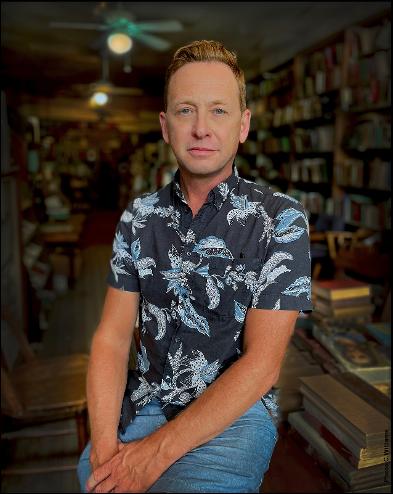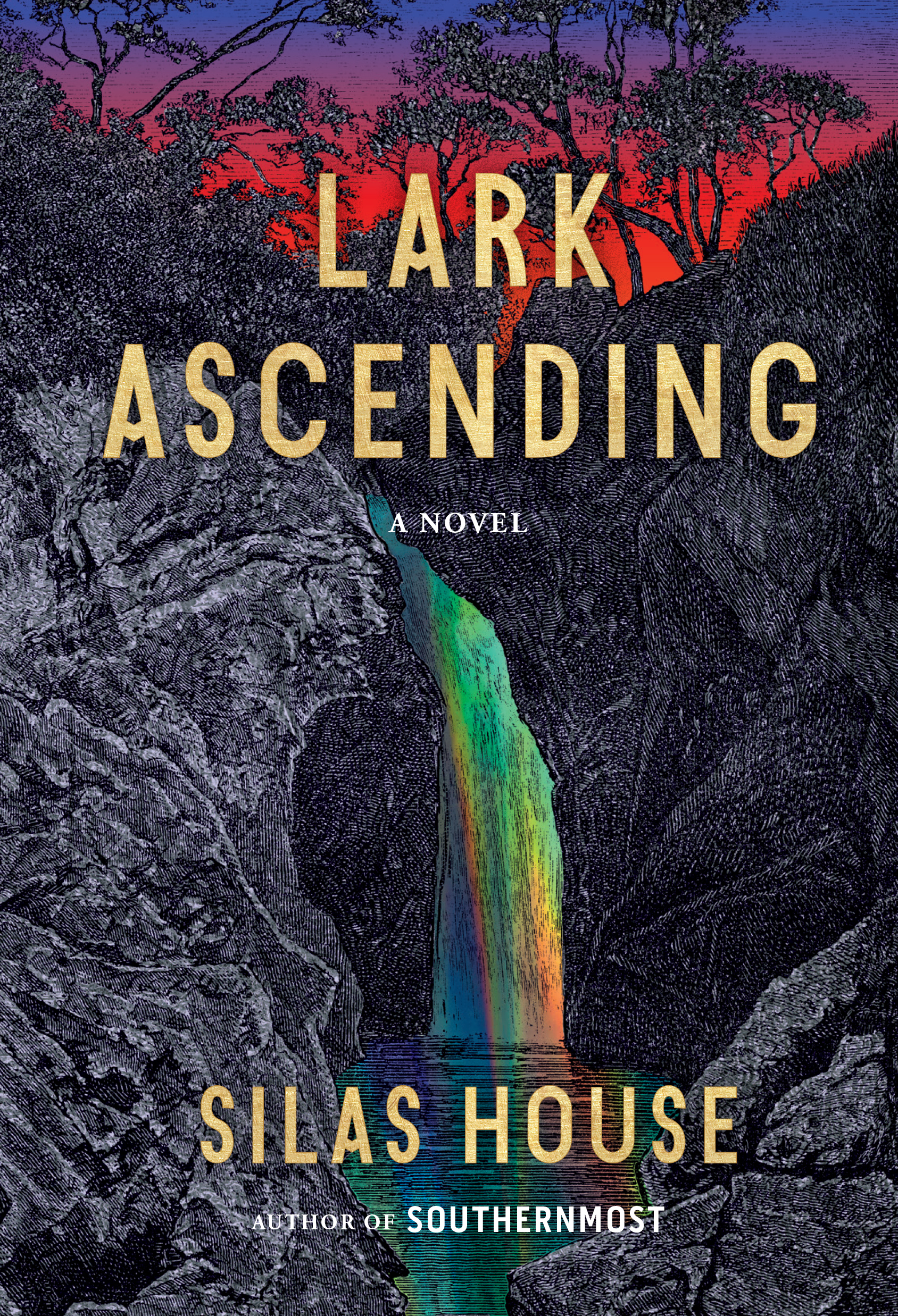Interview
Interview with Silas House

photo by C Williams
Still: The Journal talked with New York Times best-selling author Silas House about his newest novel, Lark Ascending, scheduled for release in late September, 2022 from Algonquin Books.
Lark Ascending is Silas’s seventh novel, following his widely successful previous novels: Southernmost (2019), Same Sun Here (with Neela Vaswani, 2012), Eli the Good (2011), and his well-read, well-loved trilogy Clay’s Quilt (2001), A Parchment of Leaves (2002), and The Coal Tattoo (2004), all originally published by Algonquin and recently re-released in paperback by Blair. Silas has also written a book of creative nonfiction, Something’s Rising: Appalachians Fighting Mountaintop Removal (with Jason Howard, 2011), and published three plays. He edited James Still’s posthumous novel, Chinaberry (2012), and currently serves as series editor of Fireside Industries, a collaborative imprint of University Press of Kentucky and Hindman Settlement School.
Silas’s fiction, feature writing, and opinions have appeared in The New York Times, The Atlantic, The Advocate, Time, Garden & Gun, and other publications. A former commentator for NPR’s All Things Considered, House is the winner of the Nautilus Award, the Storylines Prize from the NAV/New York Public Library, an E. B. White Honor, and many other awards. A critical anthology exploring his literary achievements was published in 2021: Silas House: Exploring an Appalachian Writer’s Work, edited by Sylvia Bailey Shurbutt.
In June, 2022, Lambda Literary awarded Silas the 2022 Jim Duggins, PhD Outstanding Mid-Career Novelist Prize. The Duggins Prize "honors LGBTQ-identified authors who have published multiple novels, built a strong reputation and following, and show promise to continue publishing high quality work for years to come. "
In anticipation of the release of Lark Ascending, we asked Silas some questions about his newest work.
Still: In some ways, this book seems a big departure for you: writing a dystopian future surrounded by environmental ruin, writing characters in survival mode; but in other ways, some of the themes for which you are best known also mark this novel: family and place. Can you talk about how writing this book was both different and familiar for you?
_____________________________________________
Home Archives Fiction Poetry Creative Nonfiction Interview
Featured Artist Reviews Multimedia Masthead Submit
_____________________________________________

